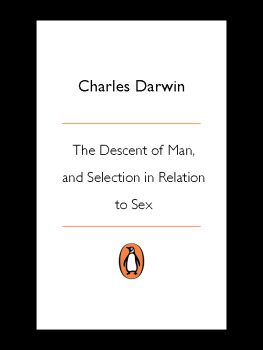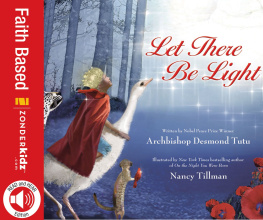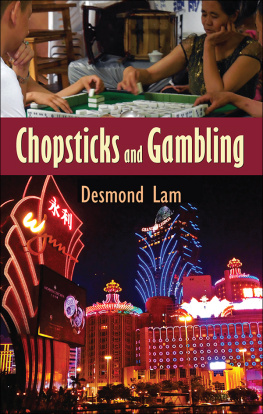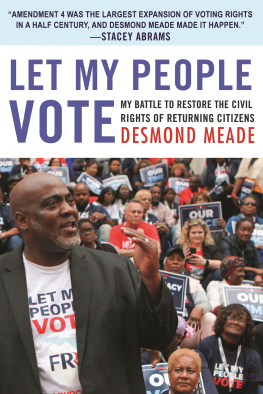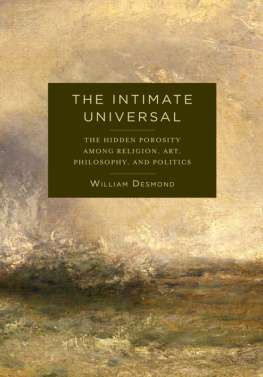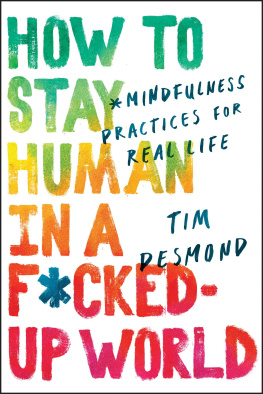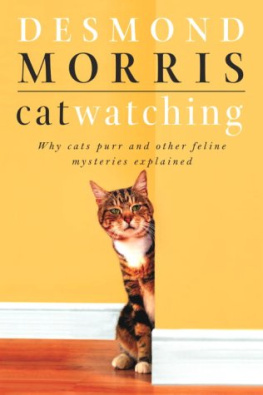Adrian Desmond - The Descent of Man
Here you can read online Adrian Desmond - The Descent of Man full text of the book (entire story) in english for free. Download pdf and epub, get meaning, cover and reviews about this ebook. year: 2017, publisher: Penguin Books Ltd, genre: Science. Description of the work, (preface) as well as reviews are available. Best literature library LitArk.com created for fans of good reading and offers a wide selection of genres:
Romance novel
Science fiction
Adventure
Detective
Science
History
Home and family
Prose
Art
Politics
Computer
Non-fiction
Religion
Business
Children
Humor
Choose a favorite category and find really read worthwhile books. Enjoy immersion in the world of imagination, feel the emotions of the characters or learn something new for yourself, make an fascinating discovery.
- Book:The Descent of Man
- Author:
- Publisher:Penguin Books Ltd
- Genre:
- Year:2017
- Rating:3 / 5
- Favourites:Add to favourites
- Your mark:
- 60
- 1
- 2
- 3
- 4
- 5
The Descent of Man: summary, description and annotation
We offer to read an annotation, description, summary or preface (depends on what the author of the book "The Descent of Man" wrote himself). If you haven't found the necessary information about the book — write in the comments, we will try to find it.
The Descent of Man — read online for free the complete book (whole text) full work
Below is the text of the book, divided by pages. System saving the place of the last page read, allows you to conveniently read the book "The Descent of Man" online for free, without having to search again every time where you left off. Put a bookmark, and you can go to the page where you finished reading at any time.
Font size:
Interval:
Bookmark:


JAMES MOORE and ADRIAN DESMOND

UK | USA | Canada | Ireland | Australia
India | New Zealand | South Africa
Penguin Books is part of the Penguin Random House group of companies whose addresses can be found at global.penguinrandomhouse.com

Second edition published in 1879 by John Murray, London
First published in Penguin Classics 2004
Editorial material copyright James Moore and Adrian Desmond, 2004
All rights reserved
The moral rights of the editors have been asserted
ISBN: 978-0-241-33621-2

discover more stories like this at Penguin.co.uk
 CLASSICS
CLASSICSCHARLES DARWIN was born into an upper-middle-class medical family in 1809. He was destined for a career in either medicine or the Anglican Church. However, he did not complete his Edinburgh medical education and after leaving Christs College, Cambridge, in 1831, his future was entirely changed when he joined HMS Beagle as a self-financing, independent naturalist. On returning to England in 1836 he began to write up his theories and observations which culminated in a series of books, most famously On the Origin of Species by Means of Natural Selection of 1859. He married his cousin Emma Wedgwood in 1839. In 1842 they moved to Down House in the north Kent countryside where Darwin lived for the rest of his life. During this time he was socially reclusive and continually ill. He died in 1882 and was buried in Westminster Abbey.
JAMES MOORE has degrees in science, divinity and history, with a PhD from Manchester University. He has taught at Cambridge, Harvard, Notre Dame and McMaster universities and is currently Reader in History of Science and Technology at the Open University in Milton Keynes. His books include a study of Protestant responses to evolution, The Post-Darwinian Controversies (1979); a source-book, Religion in Victorian Britain (1988); a series of essays, History, Humanity and Evolution (1989), The Darwin Legend (1994) and with Adrian Desmond, Darwin (1991). He is working on a biography of Alfred Russel Wallace.
ADRIAN DESMOND is an Honorary Research Fellow in the Biology Department at University College London. He studied at London and Harvard Universities, has higher degrees in vertebrate palaeontology and history of science, and a PhD for his study of the radical evolutionists of Darwins younger day. He is the author of a two-volume biography Huxley (1994, 1997) and co-author with James Moore of Darwin (1991). His other titles include The Politics of Evolution (1989) and Archetypes & Ancestors (1982). He is currently co-editing the T. H. Huxley family correspondence for multi-volume publication.
For detailed creative feedback we would like to thank Pietro Corsi, John Greene, Randal Keynes, Greg Radick, Evelleen Richards and Frank Turner. Points of biographical information were kindly provided by Berit Pedersen, Sofia kerberg and Michael Palmer. For translations of passages in Darwins text we are grateful to Helen Constantine (French), Tania Gergel and Samantha Evans (Latin), and Timothy Perrott and John and Cordula Van Wyhe (German). Finally we are indebted to the Syndics of Cambridge University Library, and the John Murray archives, for allowing us to study Darwin manuscripts and publishing ledgers respectively.
1807 Trade in slaves is abolished by Act of Parliament. Slavery still flourishes in the British colonies and elsewhere.
1809 Charles Darwin is born at Shrewsbury. The Darwins and Wedgwoods are prominent in the anti-slavery movement.
18257 Darwin studies medicine at Edinburgh University. He hears heretical views about the similarity of human and animal mental functions. He is taught to stuff animals by the freed black slave John Edmondston.
182831 Moves to Christs College, Cambridge, and prepares for a Church career.
18316 Gentleman companion to Captain FitzRoy aboard HMS Beagle. Marvels at Fuegian savages and the diversity of the human races. Witnesses slavery for the first time and abhors it.
1833 Slavery is abolished throughout the British Empire, but slaves still have to work out a seven-year indenture.
183742 Darwin lives in London. He privately lambasts those who consider slaves as sub-human and accepts a common ancestry for black and white human races. All life is descended in a tree-like fashion from a common primeval ancestor. Darwin develops his theory of natural selection to explain this. From the first he embraces human physical and mental evolution. He begins to approach the origin of the human races by means of male sexual competition.
1842 Writes a short sketch of his theory. He moves to Down (later spelt Downe) in Kent with his wife Emma Wedgwood, whom he had married in 1839, and the first two of their ten children.
1844 Finishes a 189-page account of his evolution theory and provides for its publication in case of his death.
1856 Starts writing a huge book, Natural Selection, against a backdrop of racist and abolitionist turmoil in America. A chapter is to be included with sexual selection, explaining the evolutionary divergence of the human races from one stock.
1857 Indian Mutiny cuts off his supply of information from Edward Blyth on sexual characters. The anti-evolutionist Richard Owen erects a special sub-class for mankind. Darwin drops mankind from Natural Selection.
1859 Rushes into print with On the Origin of Species, an abstract of his big book, after receiving an outline of a similar theory from Alfred Russel Wallace. Darwin now sees a more active role for females in sexual selection.
18613 Debates rage between Richard Owen and T. H. Huxley over the similarity of human and ape brains.
18615 American Civil War is fought over the issue of slavery. In Britain, an evangelical revival hardens the argument against the old nigger philanthropists; pro-slavery members of the Anthropological Society (founded 1863) depict the races springing from separate ape species.
1863 Charles Lyell collates the discoveries of prehistoric stone tools in his
Font size:
Interval:
Bookmark:
Similar books «The Descent of Man»
Look at similar books to The Descent of Man. We have selected literature similar in name and meaning in the hope of providing readers with more options to find new, interesting, not yet read works.
Discussion, reviews of the book The Descent of Man and just readers' own opinions. Leave your comments, write what you think about the work, its meaning or the main characters. Specify what exactly you liked and what you didn't like, and why you think so.

